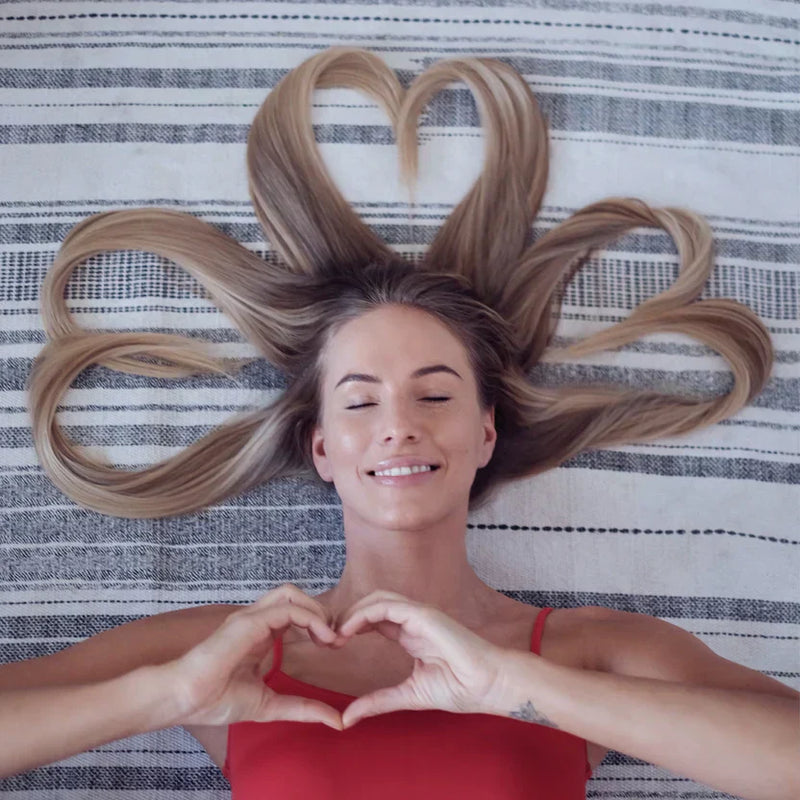What Actually Helps Against Hair Loss?
It’s often said that we’re all different. This applies to our scalp and hair too, which is why recommending hair products can sometimes be tricky. A shampoo that worked for one person may not work for another; what worked for you might not work for your friend. Still, some facts about hair loss and its influencing factors are universal—simply because we’re all human.
To Treat Hair Loss, Start with the Cause
One thing we all have in common is that we lose hair—but not always for the same reasons. Hair shedding is part of the natural growth cycle and cannot be entirely prevented. However, there are other, more serious causes.
Since hair doesn’t fall out overnight, it can be difficult to pinpoint exactly what triggered the loss. We may remember a stressful event from four, five, or six months ago, but do we recall the medications we took or the products we used?
What Helps When Hair Loss Is Caused by Vitamin Deficiency?
Would a hair loss shampoo work in this case? When the cause is a lack of vitamins, support must come from the inside—not just the outside. That means turning to vitamin supplements.
Specially formulated hair vitamins are often a good idea. While it’s fairly easy to find the names of the vitamins your hair needs, dosing is not as simple as it seems. For example, you might miscalculate and take too much vitamin A, which can actually cause hair loss.
High-quality vitamins for hair loss—and shampoos formulated to prevent hair loss—are designed to support hair health, not damage it.
Shampoo for Hair Loss
There are many simple solutions that can help with hair loss, especially convenient to try during summer or vacation. First, review the products you use in your hair care routine. Are your shampoos, conditioners, and masks suitable for your hair type?
Then consider whether it’s time to go natural. That means no dyeing, straightening, or curling. Instead of tight braids, explore hairstyles that allow your hair to breathe. Replace blow-drying with towel drying or air drying. Use a proven, high-quality mask designed for hair loss. Even one change can support healthy hair growth.
Change Your Habits and Behavior
Hair dyeing, blow-drying, curling irons, straighteners, chemical treatments, tight braids, hairsprays, elastic bands—all of these can damage hair if not used correctly or in moderation. Simply quitting some of these habits could be the only treatment you need to prevent hair loss.
Likewise, proper brushing techniques can help fight hair loss. Start by using a hair-friendly brush, ideally with natural bristles and medium firmness. Always begin brushing at the ends and work your way up toward the scalp. Natural scalp oils you spread during brushing will moisturize the hair naturally.
It also matters when you brush your hair. Always brush before washing, to make the washing process easier. Choose a hair loss shampoo as part of your routine. Avoid brushing wet hair when possible—but if you must, use a detangling brush or a wide-tooth comb designed for wet hair, and brush gently without pulling.



